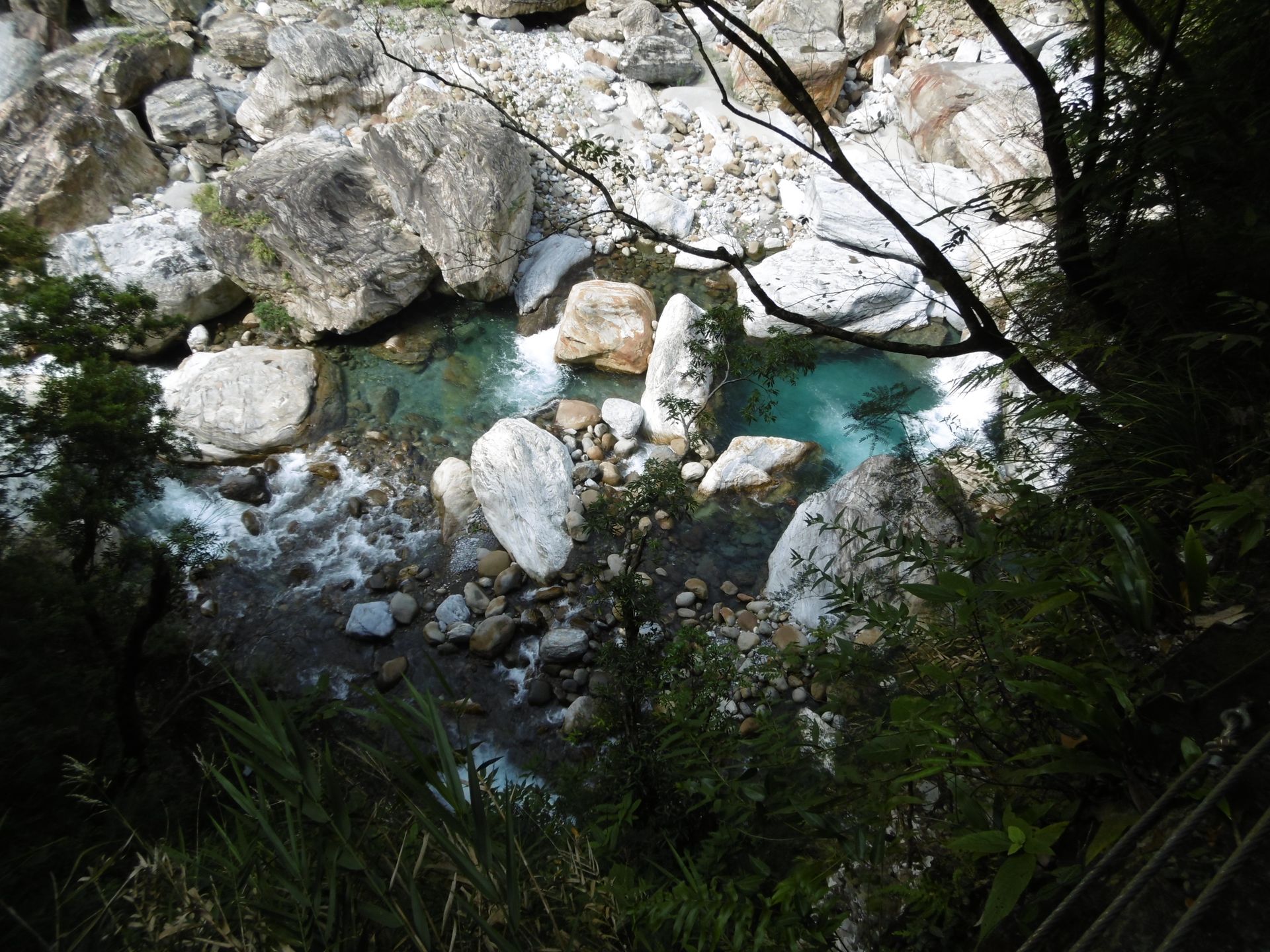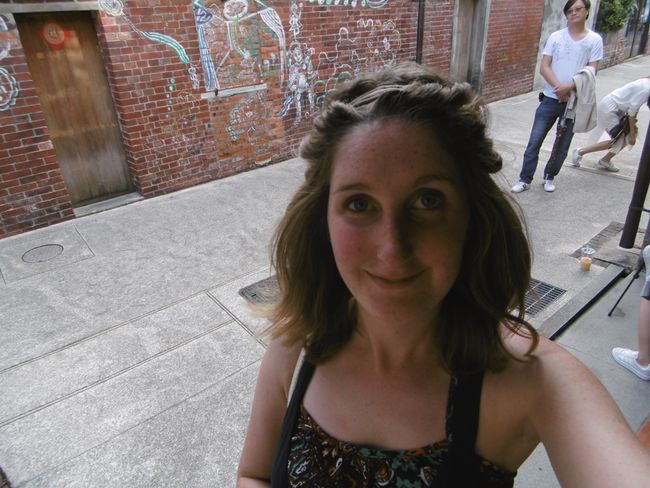Gaumenfreuden und Entspannung in Matemwe
نشرت: 25.01.2019
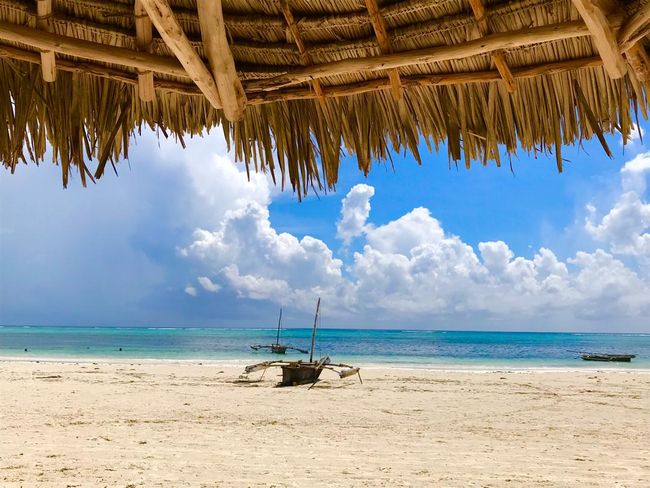
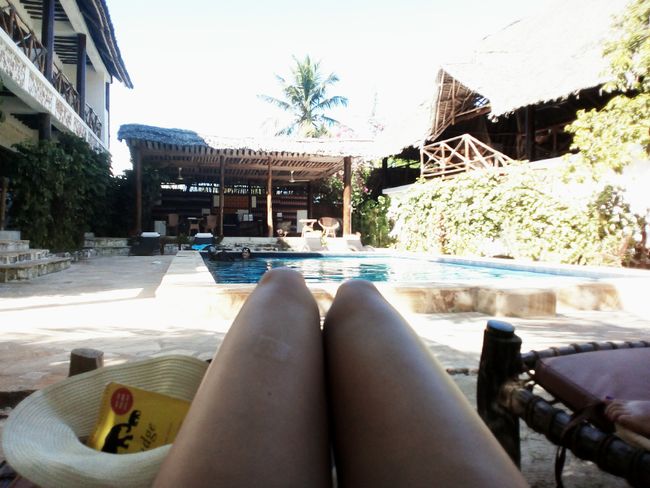
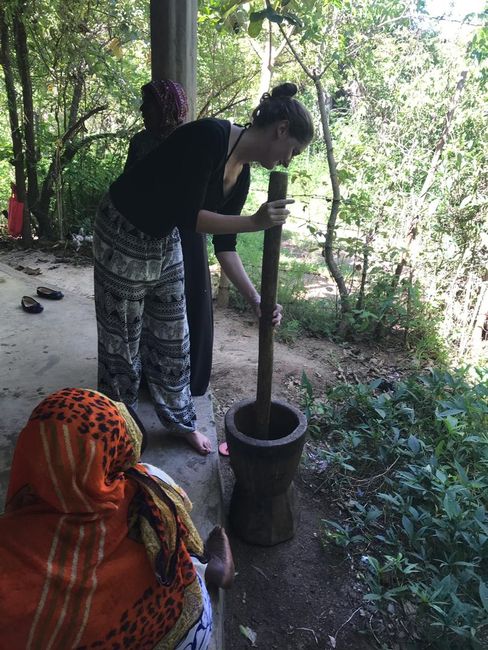
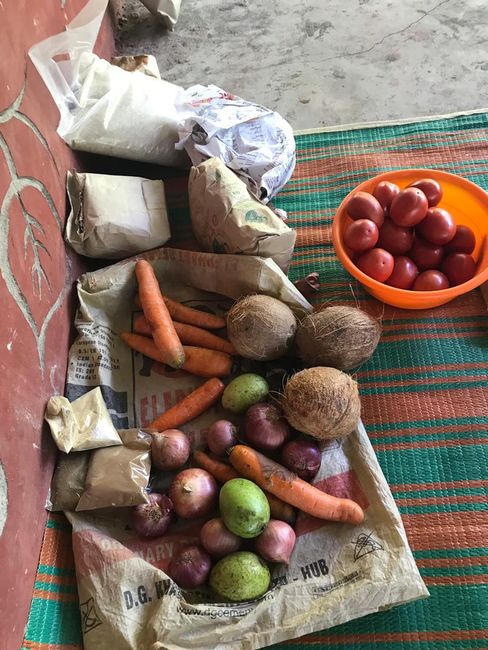
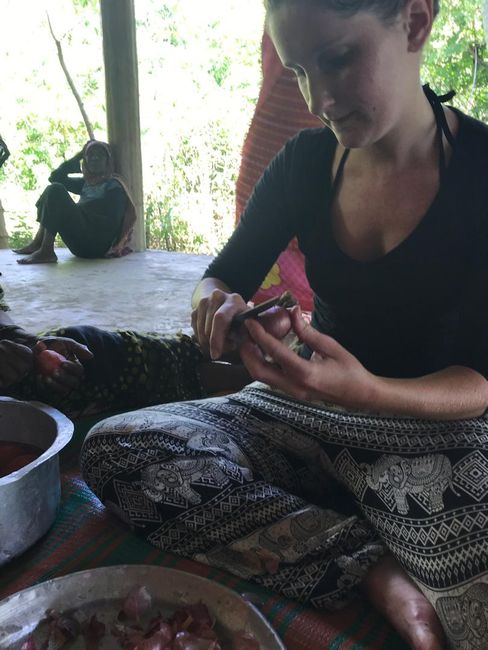
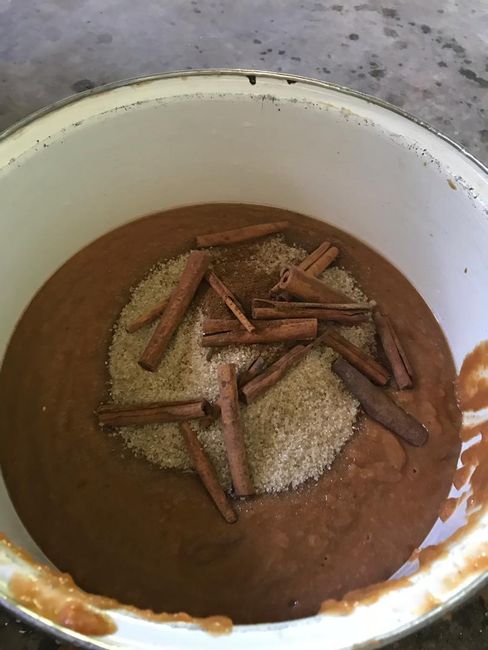

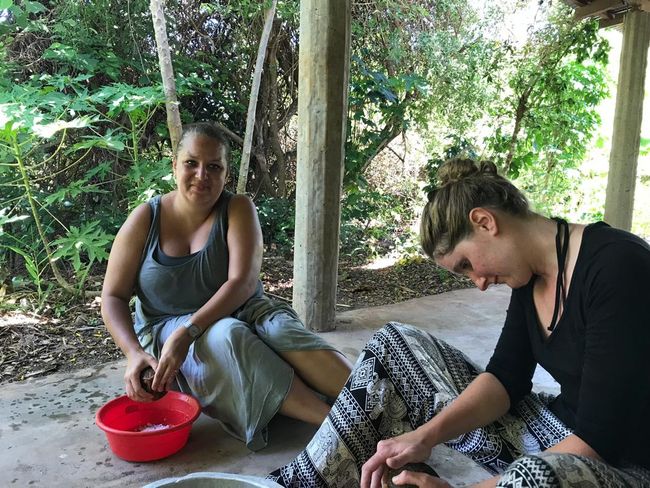
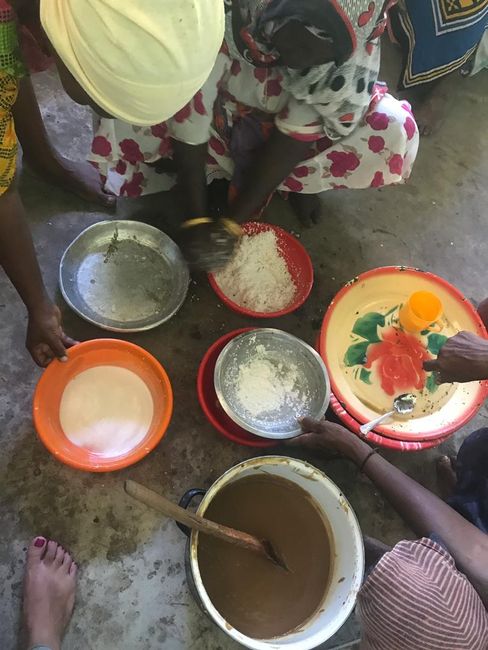
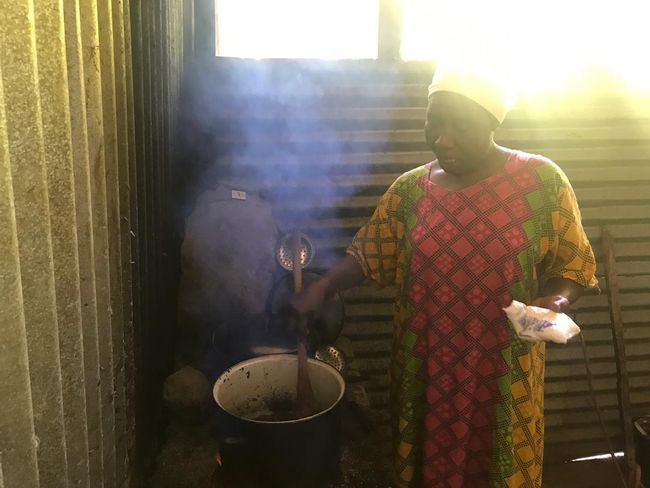
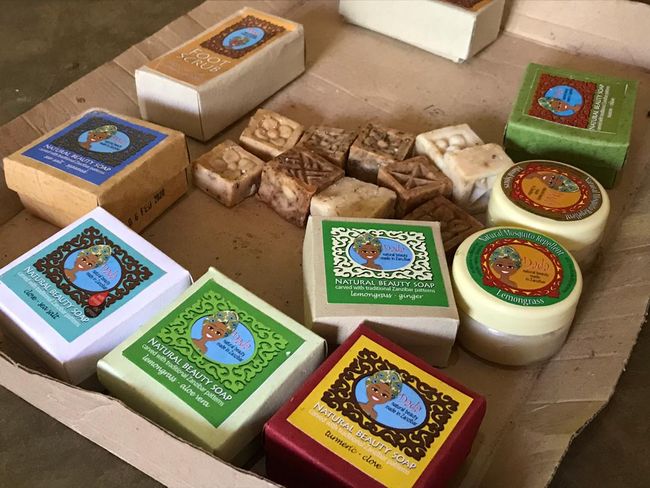
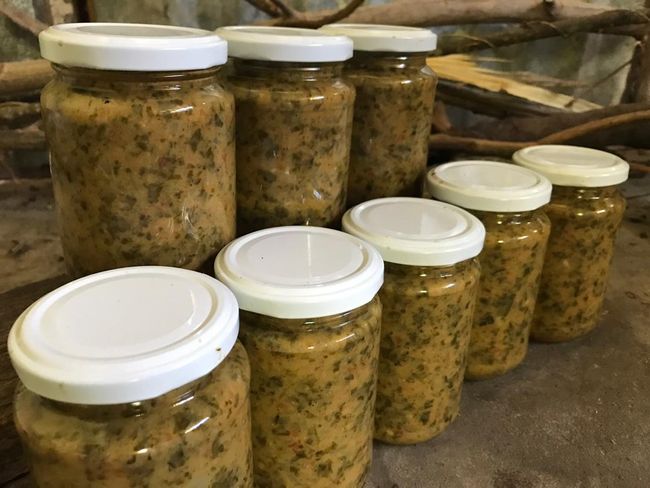
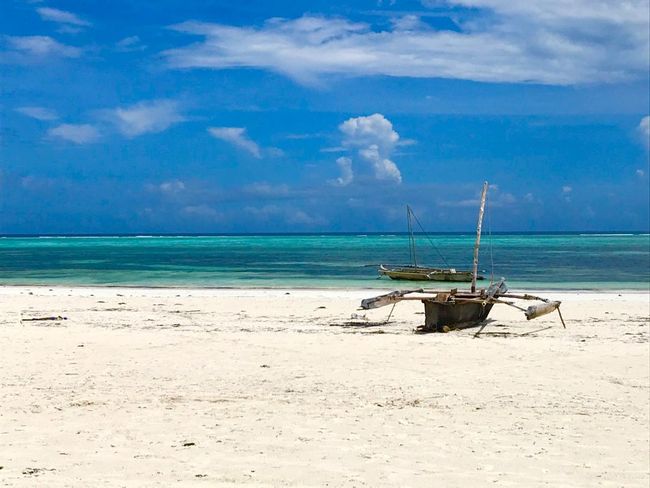
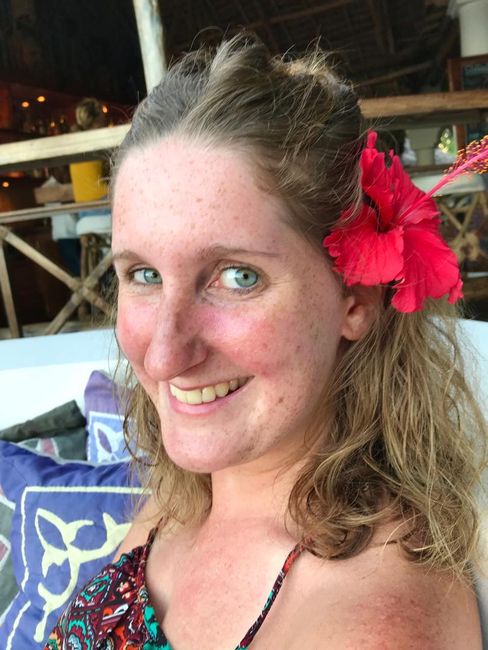
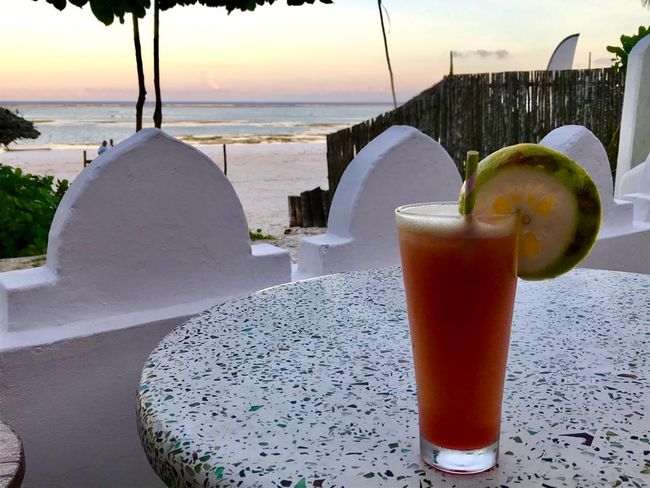
اشترك في النشرة الإخبارية
In Matemwe, our second stop on the East coast of Zanzibar, Maria had not only arranged a very special accommodation for us but also a unique cooking class.
We stayed at Tamani Villas in Matemwe, a beautiful hotel located directly on the beach. It consists of three houses, two of which are rented out as holiday villas, while the third one offers individual private rooms for rent. All three houses have their own pool and the entire property is beautifully landscaped with many flowering trees and plants.
However, the truly special thing about this hotel is the foundation that owns it. All the profits from the hotel operation go back to the foundation. One of the projects supported by the foundation is a school located near the hotel, which provides education for children from Matemwe as well as adult education programs to empower them to start their own businesses. The hotel also utilizes the services of local entrepreneurs, such as the women who provide laundry services. However, the hotel itself is managed by expats.
Another project that focuses on empowering female entrepreneurs is DADA Zanzibar. It is a workshop where local women produce sauces, chutneys, and soaps for sale, including a shop in Stone Town. You can also book a cooking class or soap-making workshop with the women of DADA Zanzibar. We participated in a cooking class.
The production facility, where the cooking classes also take place, is located somewhat hidden outside the center of Matemwe. However, thanks to the detailed directions provided by the organizer of the cooking classes (and because Maria had been there the previous year), we found the place easily after a twenty-minute walk from our hotel.
Upon arrival, we were greeted by a group of women who quickly laid down a straw mat for us to sit on. We arrived a bit early and thought we would have to wait for other participants. But after just a few minutes, I found myself holding a huge mortar and pestle, crushing leaves for the curry. Shortly after, a woman arrived with additional ingredients, which we prepared for further processing. And just like that, we were already immersed in the cooking class.
However, it was not the type of cooking class that I had imagined. There was no explanation of specific cooking techniques or how to use certain spices in a particular way - explaining would have been difficult anyway, as we could only communicate to a limited extent and only with a few women who spoke English. Instead, it was a collaborative cooking experience. And that's what made this "cooking class" charming.
We were fully involved in the production process, with each woman having her own task. Some were responsible for only one or two steps, and once they were done, they could rest in the shade. Others oversaw the entire production process and made sure we were doing everything correctly.
Although it wasn't the type of class I had expected, it didn't mean that I didn't learn anything. For example, I now know how coconut milk is made: first, the flesh of the coconut is scraped out of the shell. The women had a special stool with a scraping device attached to the front for this purpose. Then, the grated coconut is soaked in water, squeezed, and the resulting liquid is coconut milk.
By the way, we prepared a vegetarian coconut curry and a baobab jam with carrots (which also includes dates). Both dishes were seasoned with various spices from Zanzibar. While the curry and jam were simmering on the wood stove, we also had the opportunity to visit the soap workshop.
In the end, we not only went home with a jar of curry and jam, but also with a piece of soap or shampoo. Overall, this cooking class was a wonderful experience for me because we were not just observers, but actively participated alongside the women.
During the rest of our time in Matemwe, we relaxed by the pool and on the beach, enjoying the beautiful view of the turquoise water. We also indulged in culinary delights and tried out several restaurants on the beach, enjoying dishes ranging from tortellini in limoncello sauce to fish curry and pizza.
In Matemwe, Maria had arranged not only a very special accommodation for us but also a unique cooking class.
We stayed at Tamani Villas in Matemwe, a beautiful hotel located directly on the beach. It consists of three houses, two of which are rented out as whole beach villas, while the third one offers individual private rooms for rent. Each house has its own private swimming pool and the entire property is well-maintained with lots of trees and flowers.
What makes this hotel truly special is that it belongs to a foundation and all the profits go back to the foundation. The foundation operates a school near the hotel, providing education to children from Matemwe and offering adult education programs to empower them to start their own businesses. The hotel also supports local entrepreneurs by utilizing their services. For example, the laundry service is provided by local women, and the payment goes directly to them. However, the hotel is still managed by expats.
Another organization that supports local female entrepreneurs is DADA Zanzibar. It is a workshop where local women produce sauces, chutneys, and soaps for sale, including a store in Stone Town. They also offer cooking classes and soap-making workshops. We participated in a cooking class.
The workshop, where the cooking classes take place, is located slightly outside the town center of Matemwe. However, thanks to the detailed directions provided by the organizer of the cooking classes (and because Maria had been there the previous year), we found the place easily after a twenty-minute walk from our hotel.
Upon arrival, we were warmly greeted by a group of women who quickly laid out a straw mat for us to sit on. We arrived early, expecting to wait for other participants, but it turned out that we were the only ones. We immediately got involved in the cooking class, starting with crushing leaves for the curry using a large mortar and pestle.
The cooking class was not what I had expected. There were no explanations of cooking techniques or how to use specific spices - communication was limited as we could only understand and speak English with a few of the women. However, the class was a hands-on experience where we all worked together to prepare the dishes.
Each woman had a specific task in the production process. Some were responsible for preparing certain ingredients, while others oversaw the overall process and made sure everything was done correctly.
Although it wasn't a traditional cooking class, I still learned a lot. For example, I learned how to extract coconut milk from coconuts. The women showed us how to scrape out the coconut flesh and then soak and squeeze it to extract the milk.
We prepared a vegetarian coconut curry and a baobab jam with carrots (which also contained dates). Both dishes were seasoned with a variety of Zanzibari spices. While the curry and jam were cooking, we also had the opportunity to visit the soap-making workshop.
At the end of the class, we not only took home a jar of curry and jam, but also a piece of soap or shampoo. Overall, the cooking class was a wonderful experience because we were actively involved and able to learn from the local women.
During the rest of our time in Matemwe, we enjoyed the pool and the beach, taking in the beautiful view of the turquoise water. We also explored the culinary scene and tried out different restaurants on the beach, enjoying dishes like tortellini in limoncello sauce, fish curry, and pizza.
اشترك في النشرة الإخبارية
إجابة
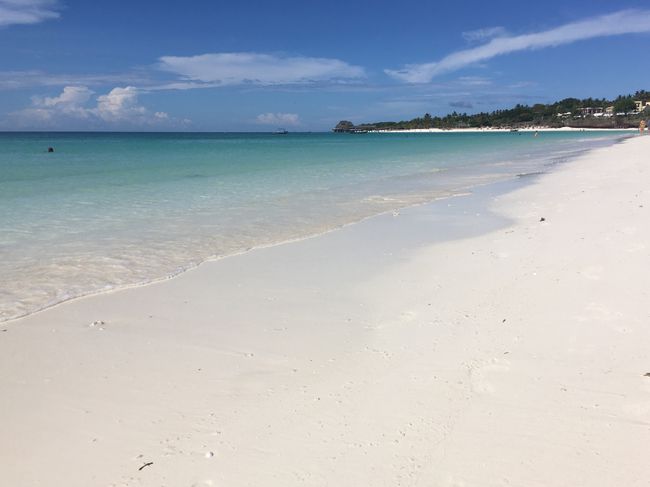
تقارير السفر تنزانيا
